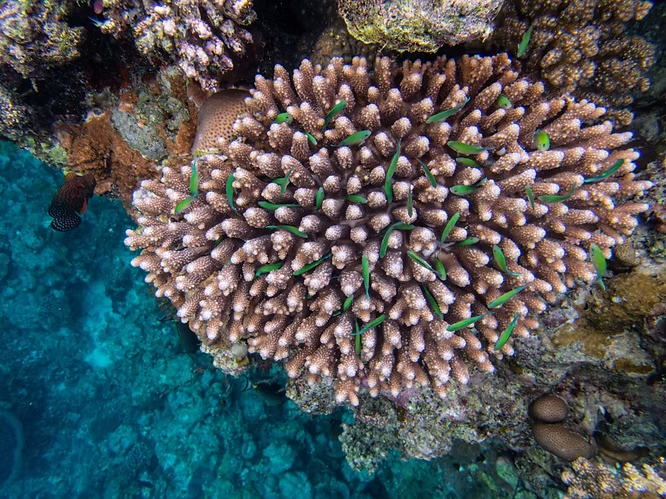Climate Change Linked to Declines in Multi-Host Parasites in Puget Sound
A study published in the Proceedings of the National Academy of Sciences reveals that parasites with complex lifecycles are particularly vulnerable to climate change. Led by Chelsea Wood, associate professor at the University of Washington, the research analyzed nearly four decades of data from preserved fish specimens and represents the world’s largest dataset on wildlife parasite abundance.
Key Findings
- Multi-Host Parasites Decline: Parasites requiring three or more host species declined by an average of 11% per decade. Of 10 species that disappeared by 1980, nine had complex life cycles.
- Single-Host Parasites Stable: Parasites with one or two hosts remained largely stable, highlighting vulnerability linked to lifecycle complexity.
- Temperature Impact: Sea surface temperature rise of 1°C in Puget Sound from 1950 to 2019 was the primary factor explaining parasite declines, more so than host abundance or pollution.
- Ecological Implications: Multi-host parasites play crucial roles in food webs and energy transfer to apex predators, meaning declines could disrupt ecosystem functioning.
Research Methods
The team examined 699 preserved fish specimens from natural history museum collections, identifying 17,259 parasites across 85 types. Fluid-preserved specimens allowed parasites inside the hosts to be counted, providing a rare window into historical parasite populations.
Broader Implications
“A parasite that requires multiple hosts is like a delicate Rube Goldberg machine,” Wood explained. Declines in these parasites could reduce ecosystem services, affecting biodiversity and the stability of food webs. The study underscores the importance of tracking parasitic species in other ecosystems and highlights how climate change can subtly yet profoundly impact ecological networks.

